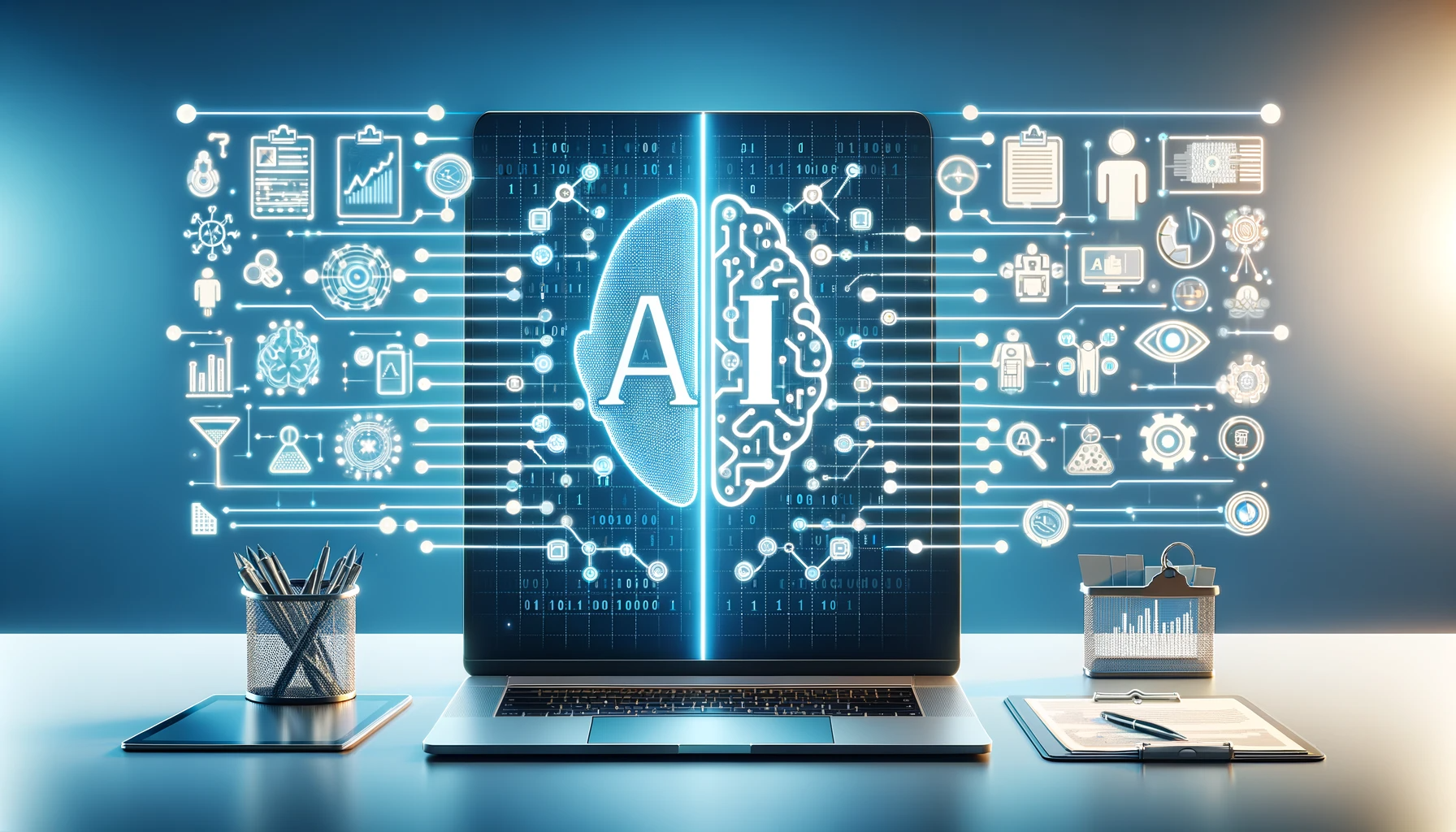
Introduction
In the evolving landscape of project management, AI (Artificial Intelligence) and traditional methodologies present two fundamentally different paradigms. This post delves into a detailed comparison of these approaches, underscoring both their strengths and limitations. We'll also examine how AI is reshaping project management and its implications for enhancing project success rates.
Comparison of AI and Traditional Project Management Approaches
AI project management introduces a technological edge, automating and refining numerous project management processes. It taps into machine learning and data analytics for superior decision-making, resource management, and risk evaluation. In contrast, traditional project management is rooted in human expertise, adhering to classic methods like the waterfall or agile models.
The key distinction lies in their foundations: traditional methods depend on human judgment and experience, whereas AI-driven management is anchored in data-driven insights and predictive analytics. AI's ability to process extensive project data, recognize trends, and predict outcomes equips managers with unparalleled decision-making tools, enhancing risk mitigation.
Benefits of AI in Project Management
Adopting AI in project management offers significant advantages:
- Enhanced Efficiency: AI's automation of routine tasks liberates managers to concentrate on strategic aspects and creative problem-solving.
- Data-Driven Decision-Making: Real-time insights from AI's analysis of complex data empower managers to make informed, objective decisions.
- Resource Optimization: Efficient allocation of resources by AI minimizes costs and maximizes productivity.
- Advanced Risk Management: AI's predictive capabilities enable proactive risk identification and management, averting potential issues.
Limitations of AI in Project Management
Despite its benefits, AI in project management isn't without drawbacks:
- Human Insight: AI cannot replicate the nuanced judgment and adaptability of human managers in dynamic conditions.
- Data Dependence and Bias: AI's effectiveness hinges on the quality and impartiality of data. Flawed data can lead to skewed AI outcomes.
- Implementation Hurdles: Integrating AI necessitates robust infrastructure, seamless data integration, and effective change management, demanding significant investment and training.
Case Studies: Real-World Examples of AI Implementation in Project Management
Illustrative examples of AI in project management include:
- Automated Scheduling: Tools like Microsoft Project use AI to craft project timelines based on historical data and resource dynamics.
- Risk Analysis: AI algorithms can foresee risks and propose countermeasures, enabling preemptive risk management.
- Resource Forecasting: AI's predictive analysis of project needs and resource trends aids in efficient resource allocation, preventing project delays.
Conclusion
AI is a game-changer in project management, enhancing efficiency, decision-making, and resource management. Yet, it's crucial to balance AI's capabilities with the irreplaceable human element in project management. Organizations should judiciously assess their specific needs and readiness before embracing AI solutions. Integrating AI with human expertise can lead to superior project outcomes and elevated success rates, marking a new era in project management.
